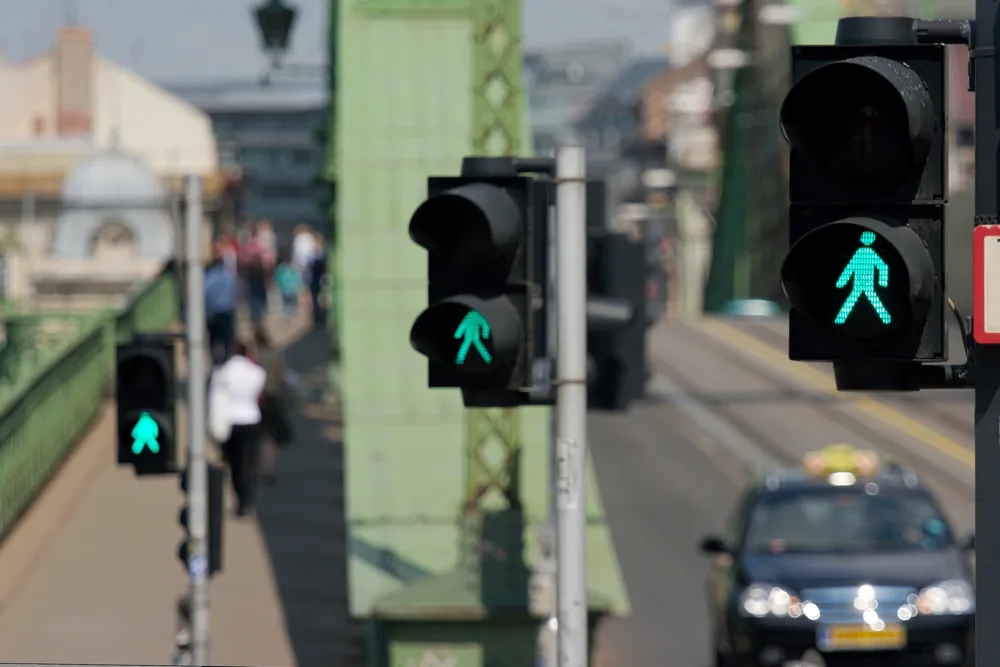The Freight Transport Association (FTA) says this week’s announcement by the Department for Transport (DfT) of a consultation on driverless cars is a positive step.
As well as setting out regulatory changes to better facilitate the use of driverless vehicles in the future, the document also restates the potential positives from HGV platooning. The document notes that platooning should allow HGVs ‘to benefit from reduced aerodynamic drag and therefore increased fuel efficiency. Platooning could also free
July 13, 2016
Read time: 2 mins
The 6983 Freight Transport Association (FTA) says this week’s announcement by the 1837 Department for Transport (DfT) of a consultation on driverless cars is a positive step.
As well as setting out regulatory changes to better facilitate the use of driverless vehicles in the future, the document also restates the potential positives from HGV platooning. The document notes that platooning should allow HGVs ‘to benefit from reduced aerodynamic drag and therefore increased fuel efficiency. Platooning could also free more road space and improve traffic flow’.
FTA head of National and Regional Policy Christopher Snelling commented: “Driver aids and moves towards fuller automation are the most promising routes we have for a step-change in road safety. The emissions and road use efficiency benefits are also potentially substantial, so updating regulations to enable all these technologies to be developed as quickly as possible is a good move.
“There are challenges in making effective use of platooning in the UK. And all these concepts and technologies need to be thoroughly tested and their real world impacts measured before they are taken up on a wide scale basis. We also need to see similar innovation in other modes like rail and water freight to maximise their use too. But the reality is that over 80 per cent of the goods the UK needs to function each day are moved by road, and we need to work to maximise the efficiency of its performance if we are to reduce emissions and improve transport safety as much as possible, and as quickly as possible.”
As well as setting out regulatory changes to better facilitate the use of driverless vehicles in the future, the document also restates the potential positives from HGV platooning. The document notes that platooning should allow HGVs ‘to benefit from reduced aerodynamic drag and therefore increased fuel efficiency. Platooning could also free more road space and improve traffic flow’.
FTA head of National and Regional Policy Christopher Snelling commented: “Driver aids and moves towards fuller automation are the most promising routes we have for a step-change in road safety. The emissions and road use efficiency benefits are also potentially substantial, so updating regulations to enable all these technologies to be developed as quickly as possible is a good move.
“There are challenges in making effective use of platooning in the UK. And all these concepts and technologies need to be thoroughly tested and their real world impacts measured before they are taken up on a wide scale basis. We also need to see similar innovation in other modes like rail and water freight to maximise their use too. But the reality is that over 80 per cent of the goods the UK needs to function each day are moved by road, and we need to work to maximise the efficiency of its performance if we are to reduce emissions and improve transport safety as much as possible, and as quickly as possible.”









